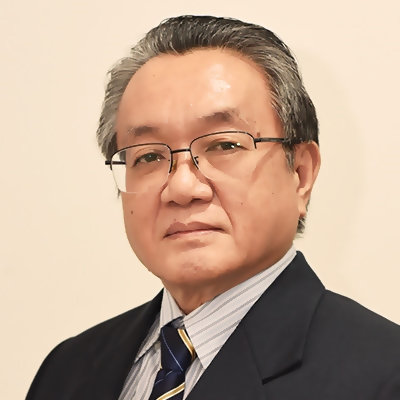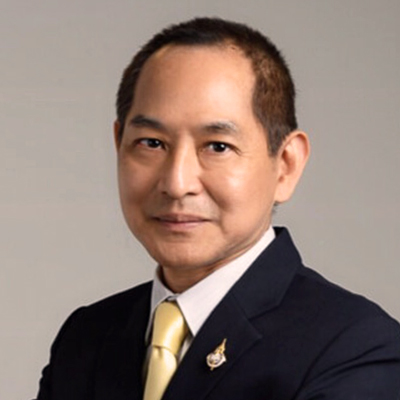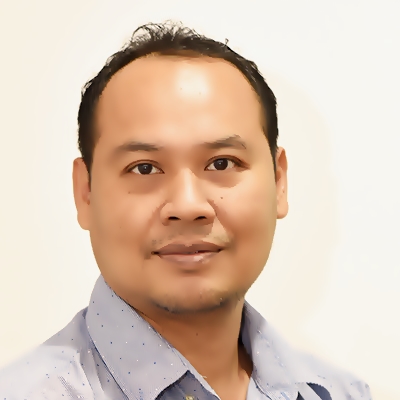Assoc.Prof.Dr.Chuvej Chansa-ngavej (Ph.D.)
Director
Tel: 081-9121535
E-mail: chuvej@gmail.com

Tel: 081-9121535
E-mail: chuvej@gmail.com

Tel: 02-2186800
E-mail: cparames@chula.ac.th

Tel: 02-2186442
E-mail: pisit.ja@chula.ac.th

Tel: 02-2186804
Mobile: 064-983-4495
E-mail: cuse.chula@gmail.com

Tel: 02-2186803
E-mail: cuse.chula@gmail.com









Click on the question to display the answer
No. We are selective in our admission policy and are quite strict with the admission requirements. However, virtually all applicants with the necessary qualifications are admitted. To give you an idea of the size of the student body, about 20-30 students are admitted into the programme each year and there may be up to 30 students participating in each module.
Each module is self-contained with the class contact hours spread out over five whole days. The modules typically begin on a Saturday and Sunday, followed by the following Friday. Saturday, and Sunday. The last day of class often involves wrap-up sessions and elaboration of Post-module assignment questions.
Questions in a post-module assignment (PMA) are designed to encourage students to apply knowledge gained through class participation to practical use. PMA reports are required to be submitted no later than the deadline, usually set for 6 weeks after the last day of class for that module if the module is taught in Thailand. However, please note that the deadline for overseas’s modules maybe different from CUSE depending on the regulations of the Partner Institutes. Students should not just repeat class materials in their PMA reports as this would constitute plagiarism. Instead, they should write the PMA with their own style of writings and wordings.
Unlike typical college reports, students are encouraged to seek first-hand information (called primary data in research terminology) from local experts. They may even consider conducting their own small-scale research works to obtain data for the PMA report. In this way, students may find PMA writings useful as a practice for thesis research works later on in the programme.
Answer: A thesis, also known as “dissertation”, involves major research works which seek to answer well-developed research questions. A thesis normally follows a well-defined research procedure laid out in the approved research proposal. Typically, results from thesis research in engineering management contribute not only to practical problems faced by the case study organizations, but also better academic understanding of the topic as identified by the literature survey. In this way, the scope of the thesis is larger and more encompassing than the typical IS project.
The degree programme could conceivably be completed in 18 months. However, most students take about three years to complete their degree requirements, taking into account work commitments and personal reasons.
Answer: Our programme contents are very much different from most MBA programmes as can be seen from the modules listed. Our programme also emphasizes hands-on learning through syndicate groups discussion and presentation, video presentations, business games, case studies, and guest lectures by local industrial experts as opposed to plain lectures. The use of post-module assignments as opposed to traditional quizzes and examinations also means that students learn to tackle the PMA questions through inquiry-based learning. By the time students complete all the modules, they would have acquired the research skills necessary for the thesis research that follow. In this way students develop themselves into well-rounded engineers/scientists who know how to keep up with the dynamic business world.
Our programme is different from industrial engineering, again as evident from the listed modules. However, most industrial engineering graduates coming to this programme would find themselves in familiar territory. On the other hand, industrial engineering graduates have a lot to learn in this programme and would benefit from in-class discussion and exchange of ideas with students from different academic and professional backgrounds.
Students in the programme vary in age from early twenties to late thirties. The average age is around 27. Some students enter the programme right after graduation. Others choose to wait a few years to gain some work experiences before entering. There are still others who are in middle management. Students would therefore learn a great deal from in-class and out of class interaction.
Very much so. The modular nature of the programme makes it easy to change the module content every so often. Contents and presentation of each module are quality reviewed and improved all the time so much so that no two module runnings are the same! Moreover, modules on offer today are totally different from five or ten years ago. Such is the result of the dynamic design of the programme.